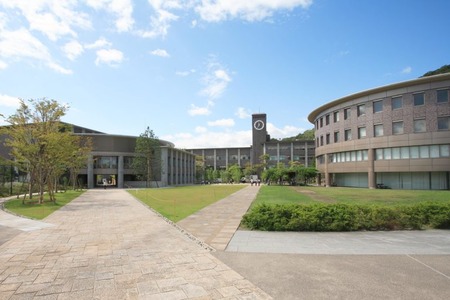

Ritsumeikan University
Researchers at Ritsumeikan University have discovered a groundbreaking room-temperature method using visible LED light to decompose perfluoroalkyl substances (PFAS), offering a promising solution for sustainable fluorine recycling and PFAS treatment. They were successful in achieving a 100% breakdown of perfluorooctanesulfonate (PFOS), a type of PFAS, in just eight hours, and an 81% breakdown of Nafion, a fluoropolymer, in 24 hours. This innovative approach can recover fluorine from waste PFAS, reducing the need for new fluorine production.
The new method from Ritsumeikan University uses visible LED light and photocatalysis to break down PFAS and fluorinated polymers (FPs) at room temperature into fluorine ions. This method, detailed in the journal Angewandte Chemie International Edition on June 19, 2024, achieved complete defluorination of PFOS within eight hours of light exposure.
“This methodology is promising for effectively decomposing diverse perfluoroalkyl substances under gentle conditions, significantly contributing to the establishment of a sustainable fluorine-recycling society,” said Professor Yoichi Kobayashi, the study’s lead author.
Fluorine is essential in many industries, including pharmaceuticals and clean energy technologies. Recovering fluorine from waste PFAS can reduce reliance on new fluorine production and support sustainable recycling processes. “This technique will contribute to the development of recycling technologies for fluorine elements, which are used in various industries and support our prosperous society,” concluded Prof. Kobayashi.
Solena has raised $6.7 million in seed funding to create eco-friendly textiles using synthetic biology and designing clothing fibres at…
Ahlstrom is growing its WallStar Digital collection of 100% PVC-free nonwoven materials which features three new categories, Easy, Advance, and…
Fitesa is launching a new collection of spunbond fabrics made from Braskem’s I’m green bio-based high-density polyethylene (HDPE).
Ugandan researchers are converting discarded banana stems into textiles, hair extensions, and sanitary pads, tapping into demand for plant-based fibers.
Unifi, Inc. has introduced Fortisyn, a next-generation abrasion-resistant yarn engineered for maximum durability in high-performance, tactical applications.
Longan Craft has unveiled new sustainable fabrics and advanced sewing tools to meet rising consumer demand for eco-conscious, tech-integrated solutions.